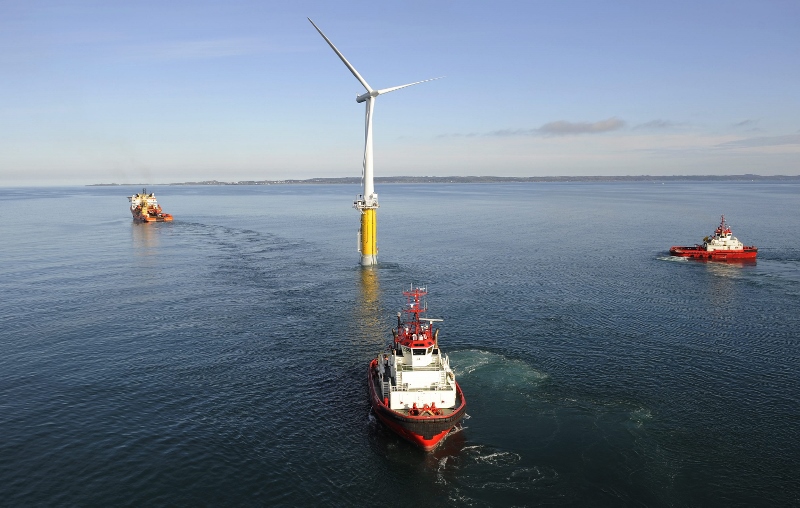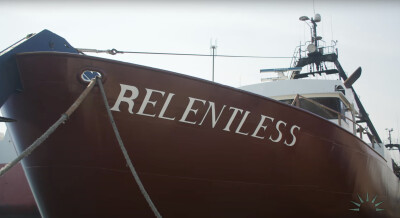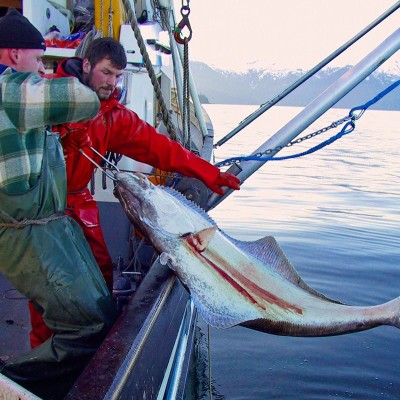The Responsible Offshore Development Alliance has another grant from the federal government to bring experts together on how the big push for developing offshore wind power will affect U.S. fisheries.
The latest $155,000 award from the National Oceanic and Atmospheric Administration will fund a second “Synthesis of the Science” symposium, this time on how floating offshore wind turbine may interact with fisheries.
It follows on a $150,000 grant the agency awarded to RODA – a coalition of commercial fishing groups and communities – in 2020 to conduct a first-of-its-kind symposium on the current science regarding fisheries and offshore wind interactions.
RODA says the next session will focus specifically on floating wind turbines – now foreseen as the offshore wind industry’s future frontier for waters beyond the shallow outer continental shelf.
Maine state energy planners see huge potential power coming from the windswept Gulf of Maine, and propose a test area for floating turbines anchored in deep water. Maine has started planning to apply for a lease from the federal Bureau of Ocean Energy Management for that project.
Meanwhile BOEM is working closely with the administration of California Gov. Gavin Newsom to plan floating turbine arrays off the West Coast.
RODA, BOEM and NOAA’s National Marine Fisheries Service entered a formal agreement in 2019 to collaborate on science, research, monitoring, and the planning process for U.S. offshore wind energy development.
RODA’s constituent fishing members are often at odds with BOEM and wind power developers over rapidly expanding plans to build turbine arrays, now numbering 16 projects off the East Coast, and the Biden administration promising swift progress on environmental impact reviews.
The group says its cooperative study efforts aim to “help local and regional fishing interests become better involved in the offshore wind development process, and ensure that the interests and concerns of fishermen are communicated effectively.”
"The floating turbines study will “continue our collaborative work identifying what we know, and don’t know, about this newer form of technology being proposed for deployment in highly productive fishing regions,” said Fiona Hogan, RODA’s research director. The next workshop will cover physical oceanographic factors, ecosystem effects, fisheries socioeconomics, and methods and approaches.
“This project is a key step toward jointly building regional fisheries and offshore science agendas in areas where floating wind technology is proposed,” according to RODA.
“We are pleased to be a strong partner with RODA and to support its effort to identify the research we will need to build a unified fisheries and offshore wind science plan,” said Dr. Cisco Werner, director of scientific programs and chief science advisor for NMFS in a joint statement with RODA.
Participants in the project are expected to include commercial and recreational fishermen, Tribal Nations, fishing industry representatives, NOAA and BOEM experts, wind energy developers, federal fishery management councils, states, and other expert scientists from the U.S. and Europe.







